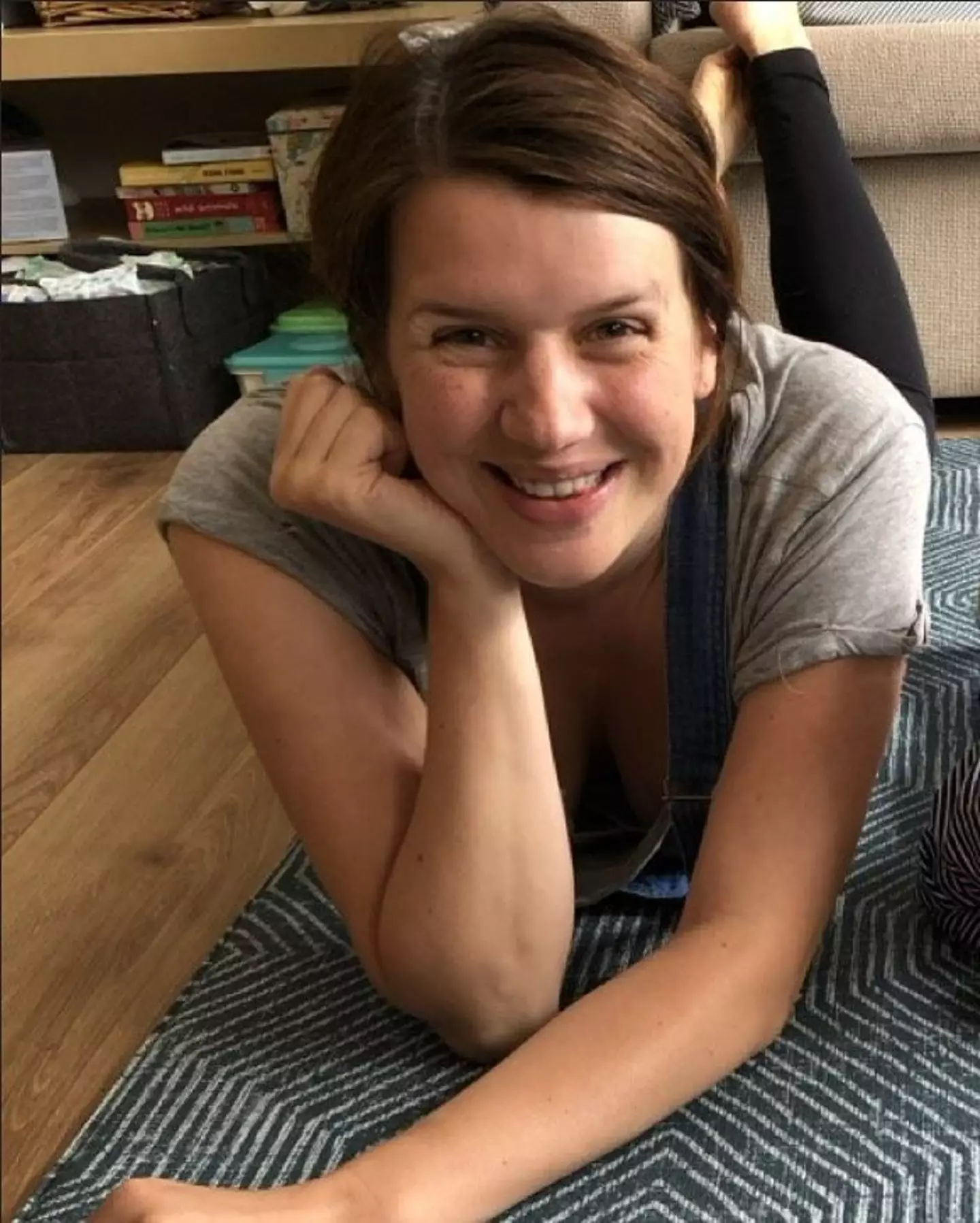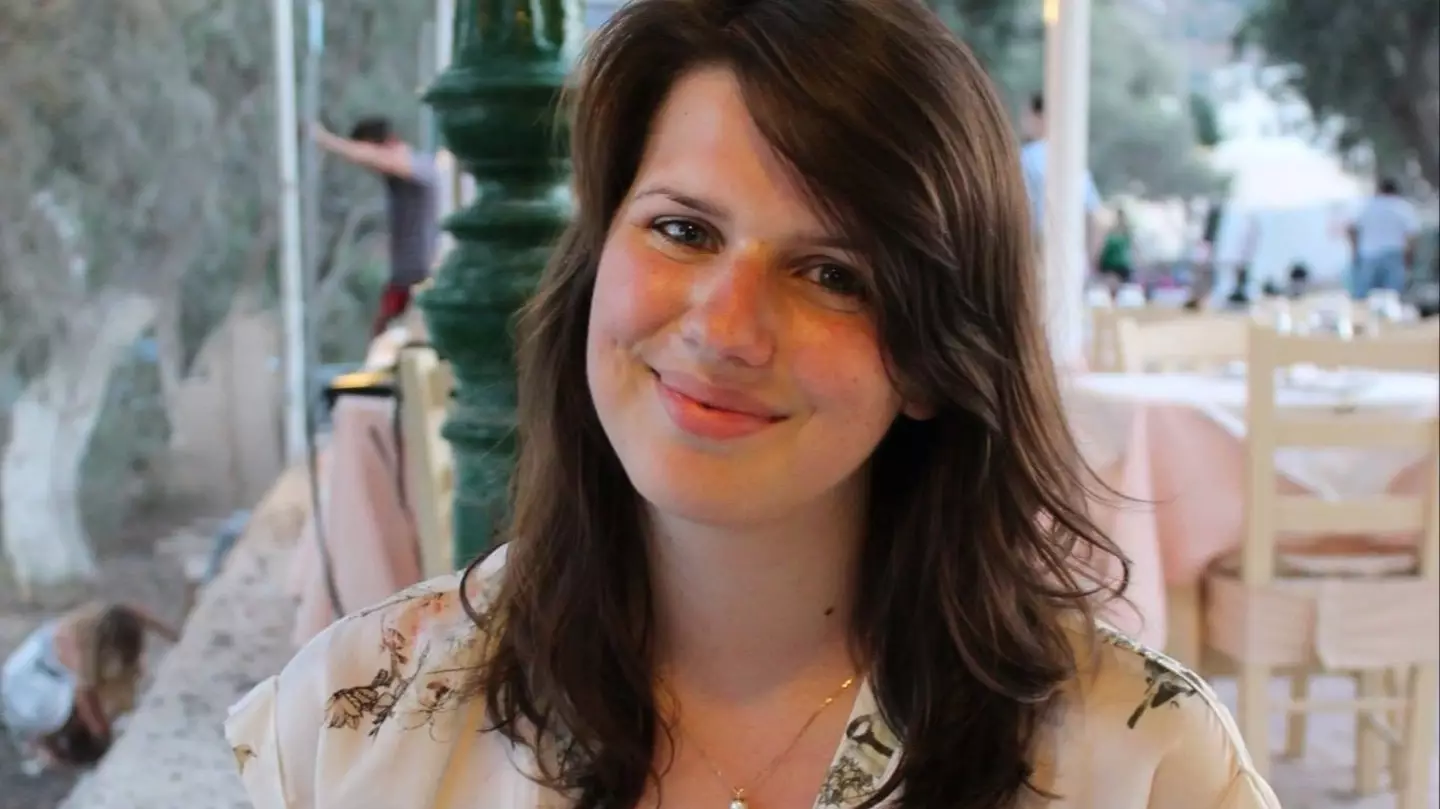A mother and her newborn daughter have tragically died after following a highly demanding home birth plan, as revealed in an inquest.
Jennifer Cahill, from Greater Manchester in the UK, passed away four days after giving birth to her daughter, Agnes. Sadly, Agnes also died just hours after her mother’s passing.
An inquest is underway to explore the circumstances surrounding the 34-year-old’s death. According to a community midwife, Jennifer was ‘very keen’ on a home birth, but the birth plan was reportedly ‘the most intense’ she had ‘ever read,’ as reported by the Manchester Evening News.
Midwife Andrea Walmsley testified on October 14 about being called, along with her colleague Julie Turner, to Jennifer’s residence on June 2 the previous year. They found Jennifer in a ‘very dim’ room.
Walmsley expressed concerns when she realized Jennifer had declined specific medications and observations, including a syntometrine injection, intended to prevent excessive bleeding.
She informed Coroner Joanne Kearsley: “When I asked for a urine sample, it was almost like she didn’t like what I was saying.”

During labor, Jennifer reportedly chose a completely natural birth, avoiding drugs and examinations, according to the midwife, who stated: “She did not want any observations, she did not want any drugs and she did not want any examinations.”
The midwife mentioned Jennifer was ‘very quiet’ and primarily communicated with her husband, Rob Cahill, during the delivery.
The inquest also revealed Rob called emergency services around 6:45 a.m. on June 3 when baby Agnes was found unresponsive and could not be revived.
While rushing to North Manchester General Hospital with Agnes, Rob was informed that his wife was also being taken to the hospital due to apparent post-birth complications.
Following their deaths, home births have been considered ‘out of guidance’ and ‘against advice’ by hospital personnel.
Rob stated that if they had been informed beforehand, they might have reconsidered the home birth for their second child.
The inquest also discovered that Walmsley was unaware of Jennifer’s ‘extremely stressful’ birth with her first child, Rudy, during which she lost over 800ml of blood due to a postpartum hemorrhage from an episiotomy and tear, attributed to Rudy’s size.
Jennifer also contracted Streptococcus B while Rudy developed sepsis.

Rob explained that the ‘traumatic’ delivery of their son three years earlier led Jennifer to avoid a hospital birth. He mentioned she felt the midwives did not provide sufficient support during the previous birth.
When questioned about not being more assertive with Jennifer during the birth, Walmsley said: “We’re well aware of the complaints that have been going around about us, and I think that’s why it is the way it is.”
Dr. Azal El-Adwan, a trainee obstetrician to whom Jennifer had been referred due to her high-risk status, met with her in March. She reportedly advised against a home birth (via Metro).
Dr. El-Adwan told the court that Jennifer ‘was keen to have a home birth’ and discussed available medication and plans if hospital transfer was necessary. When asked why she didn’t discuss the risk of death, she said it wasn’t ‘standard practice’ because the risk was low, adding that she believed Jennifer understood the potential risks.
The meeting concluded with Jennifer still favoring a home birth, although she agreed to decide after taking a test for Group B Streptococcus. The doctor recommended preventative medication regardless.
When questioned about referring Jennifer to another consultant, Dr. El-Adwan stated: “I didn’t feel that it was necessary at the time, but now I think it would have been better to include somebody else.”
The coroner is investigating why staff were hesitant to use the term ‘death’ or provide adequate warnings when high-risk pregnant women choose home births.
The inquest has not yet confirmed Jennifer’s cause of death as the investigation continues.

